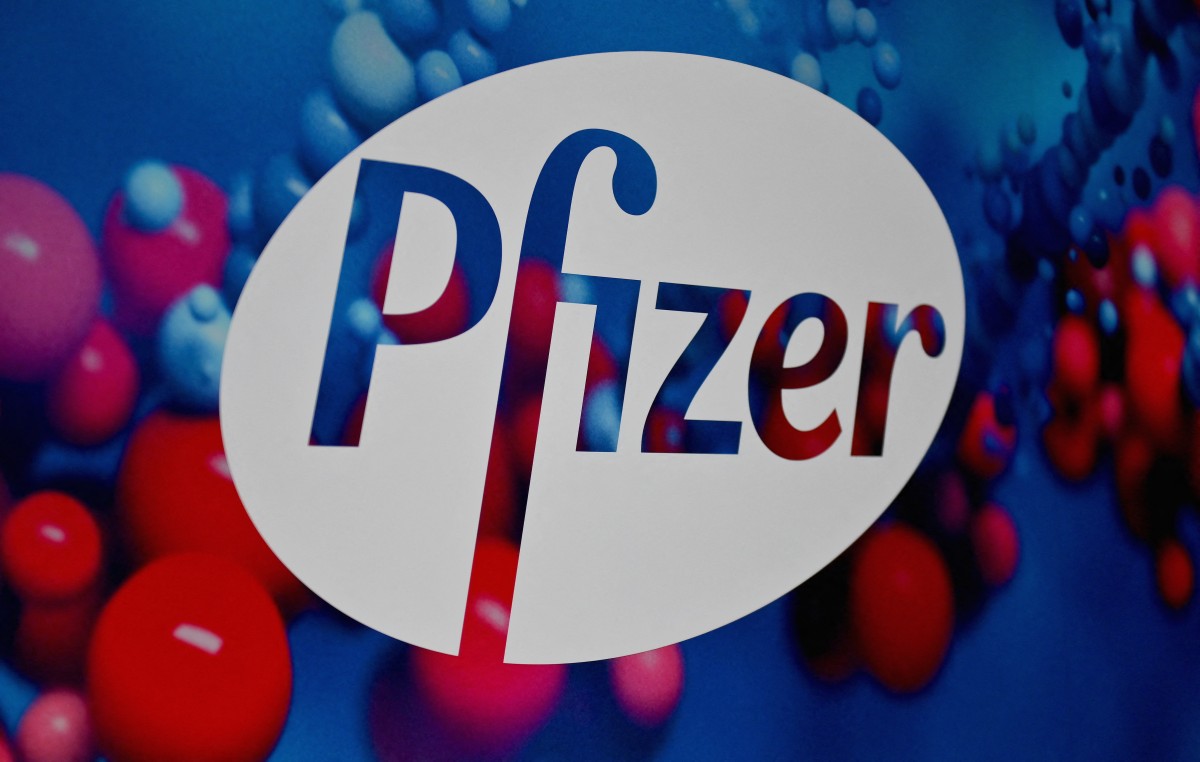Brussels, Belgium – The EU said Thursday it had given the green light for US pharmaceutical giant Pfizer’s $43-billion acquisition of biotech firm Seagen, specializing in innovative cancer treatment.
The European Commission, the bloc’s powerful anti-trust authority, said it had “unconditionally approved” the transaction after a market investigation.
It said the deal did not raise competition concerns and would not negatively impact prices of treatments.
Pfizer announced in March its deal with Seagen, which is based in Washington state and leads in the research, development and commercialization of cancer treatments.
The firm came to major drugmakers’ attention with its work on antibody-drug conjugates that are “designed to preferentially kill cancer cells”.
“Based on its market investigation, the commission found that the merger would not significantly reduce competition in the markets where their activities overlap within the EEA (European Economic Area),” the commission said in a statement.
It added the purchase would not cause issues where there are overlapping lines of research and that it did not foresee a loss of innovation.
“The transaction was unlikely to have negative impact on prices, given that the parties’ offerings are differentiated and complementary and that the markets for the treatment of the various cancer types examined are sufficiently competitive,” the commission said.








